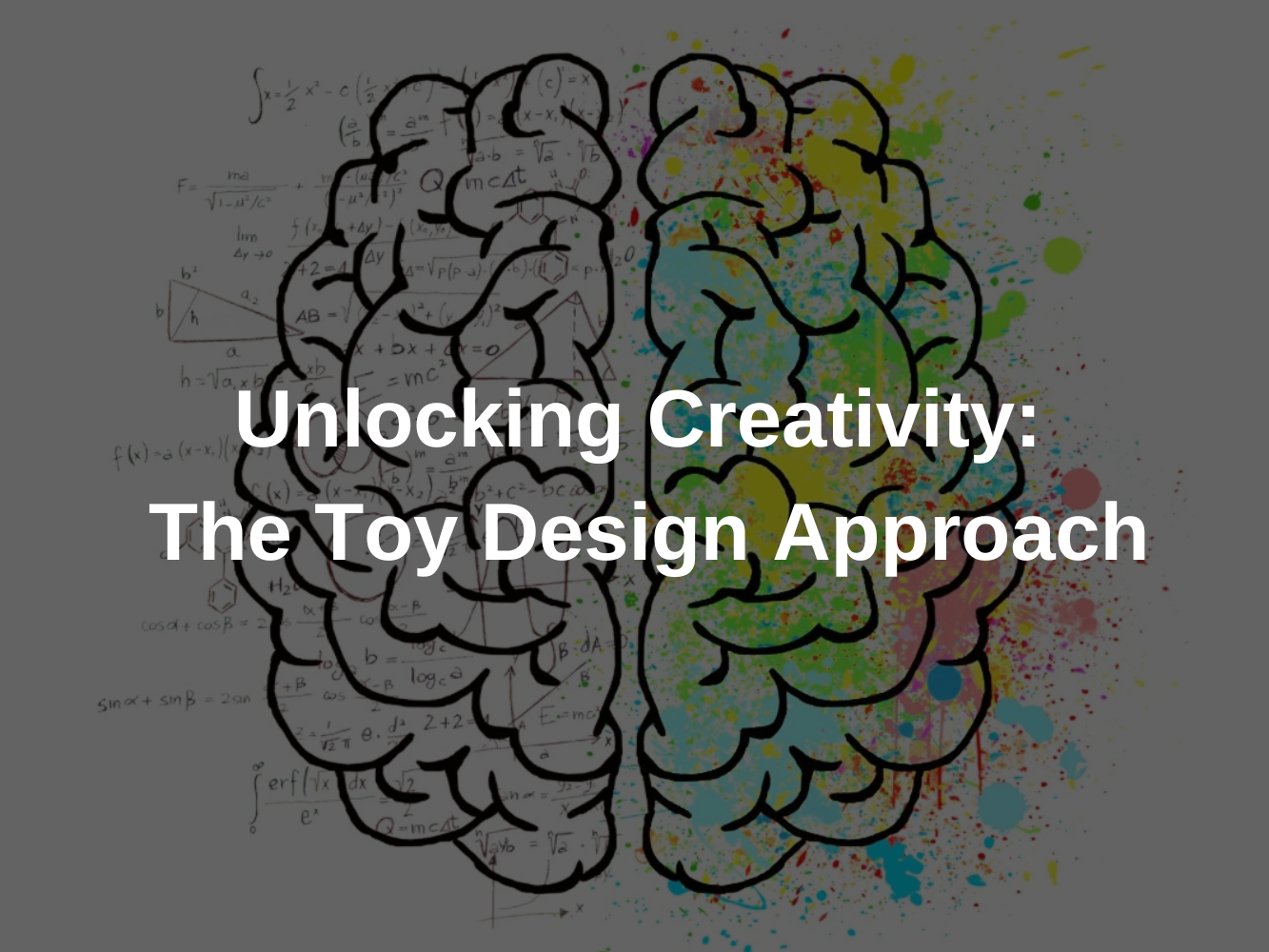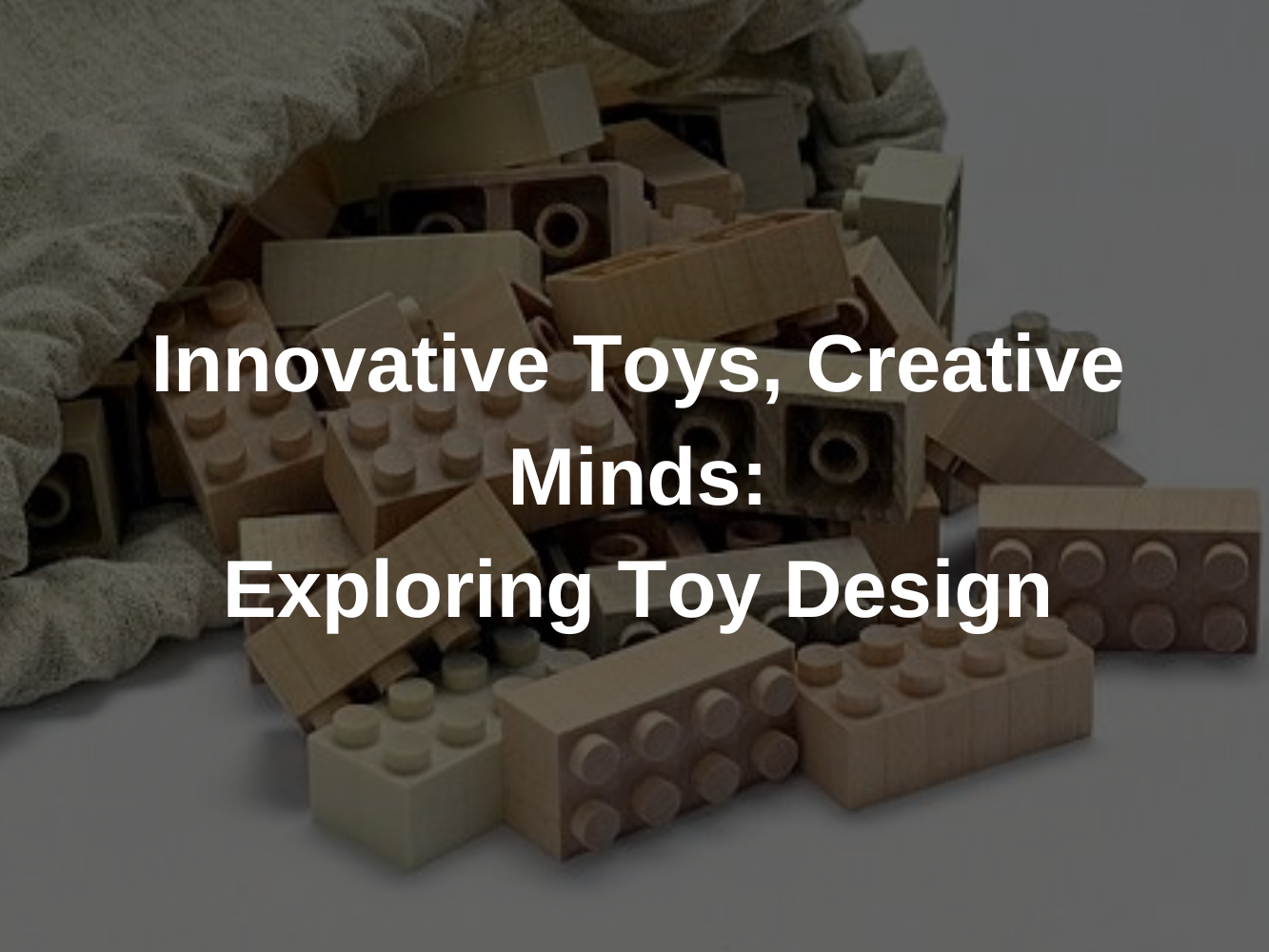Have you ever wondered what word would surface in adults' minds when "childhood" is mentioned? Well, it would predominantly be "playtime". We spent much of our time during childhood engaged in play. Although the modes of play have dramatically shifted from physical toys to internet games, playtime remains a cherished memory. Toys shape us as a person in the very early stages. Toys impact passively on various aspects of development, such as physical, cognitive and emotional.
Toys enrich playtime, hence choosing the proper toy plays a significant role. One might wonder what are the criteria for picking one. As markets are flooded with a wide range of materials and forms of exploration, it gets difficult to understand. These are some factors that would help when making your choices.
1. Age Appropriateness: Choosing toys that match a child's developmental stage is essential. It's important to pick toys that are appropriate for their age and abilities, challenging and engaging them without being overly complicated or basic.
2. Educational Value: Opting for toys that promote learning and development in various areas, such as cognitive, physical, social, and emotional skills, can enhance the child's growth and learning experiences.
3. Interactivity: Toys that encourage active participation and engagement, such as building sets, puzzles, and games, foster creativity, problem-solving skills, and social interaction among children.
4. Versatility: Choosing toys with multiple uses or that can be adapted for different play scenarios provides greater value and longevity, allowing children to explore and enjoy them in various ways.
5. Cultural Sensitivity: Considering cultural backgrounds and preferences can help select toys that resonate with children's experiences and encourage inclusivity and diversity in play.
Given these factors, one can easily find the perfect toy which can enhance playtime.


